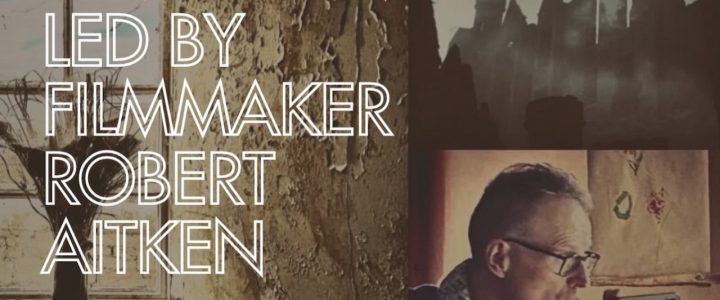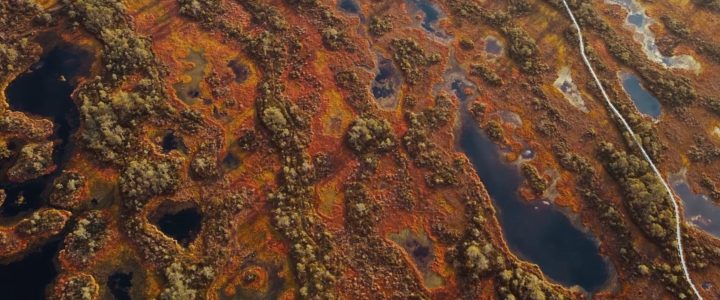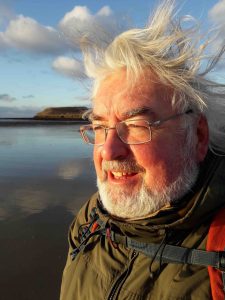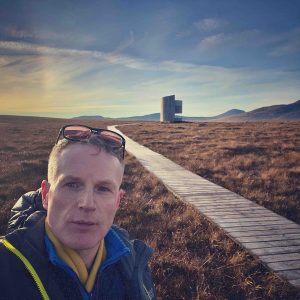A new film training initiative aims to support museums and heritage organisations across the Highlands and Islands to deliver film training, screenings and cultural film festivals.
POETIC FILM SCHOOL aims to bring accessible and affordable filmmaking to people of all ages and skill levels; from first-time enthusiasts to experienced filmmakers, all who desire mentoring to hone their art form. The initiative has been brought to life by Sutherland born filmmaker Robert Aitken.
Robert is a writer, director and producer who has been making films about the people and places of the far North of Scotland for over a decade and delivering a successful programme of accessible film training for the last four years.
“I work predominately with rural Highland communities and have a deep understanding of people within landscapes, which has helped me develop a grounded placemaking approach to making films, and now with this new film training programme,” Robert says.
Robert’s latest film, The Dreaming Bog, an ecopoetic story about the bogs, mires ands peatlands of the Highlands, helped him to develop a greater awareness and understanding of the fragile economics, complex local politics and layered social narratives that underpin the anxieties of communities facing economic and potentially long-term environmental change in the far North.
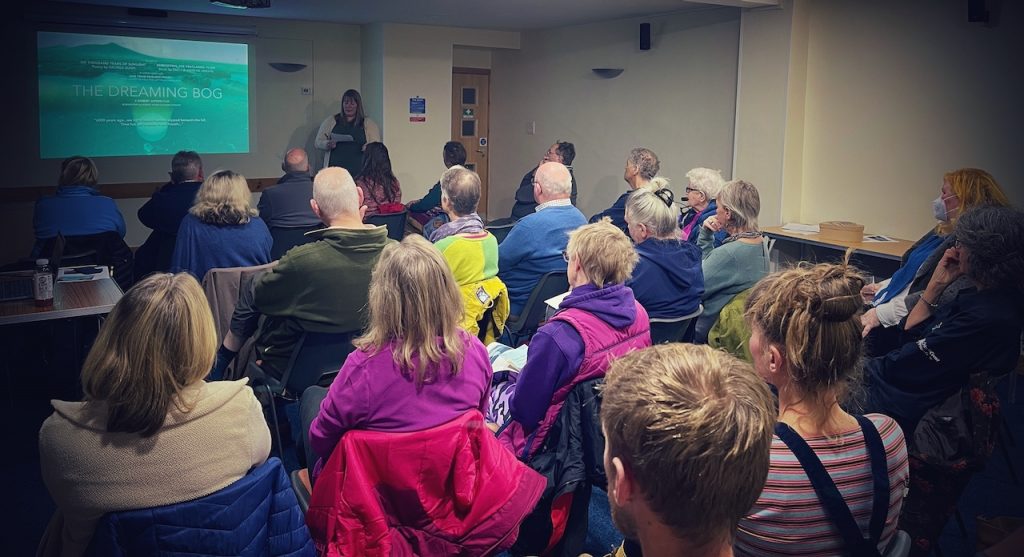
To that end, POETIC FILM SCHOOL is a socially engaged filmmaking process (including smartphone filmmaking skills, scriptwriting, use of audio apps, editing, and final production etc.) and offers invaluable opportunities and support, especially for vulnerable local young people struggling with mental health issues and social situations. It can provide a creative outlet for anxiety and increase confidence and self-esteem.
There has also been a greater uptake by the older generation in digital activities since the Covid Pandemic, which can help combat isolation and loneliness. POETIC FILM SCHOOL aims to bring together In-Between Localities, Creatives (of all disciplines) and Young & Older People – here, there is great potential for intergenerational activities, including memory recording sessions, archival research and script writing.
Robert adds; “I embrace opportunities to reconnect people to their home area in the Highlands through filmmaking and engaging with communities, local filmmakers, writers, artists, researchers, anthropologists and historians etc. I enjoy sharing this rich and creative experience through mentorship and socially minded projects.”
Museums and Heritage organisations across the far North have faced challenging times of late, but this new film initiative offers a unique and timely opportunity to help support communities through a pivotal change in the area’s infrastructure and heritage. The ability to transition and capture this through engaging filmed stories, with a multitude of diverse voices, is at the heart of the training workshops on offer.
POETIC FILM SCHOOL also has a great team of researchers and cultural advisers to call upon, who can assist organisations work with their collections and archives, to help groups develop new scripts, stories and narratives embedded in their unique locality and culture. Over fifty screenings, film training events, and conferences across Scotland and International have already been delivered.
The film training is all about people; their past, memories and dreams for the future. But it’s also about people finding voice and expression through film-making and socially engaged research and creativity; to listen, learn and share about where they live and their place in the world.
“We are all having to adapt to new ways; adapting to the very real societal and environmental changes that local communities are facing whilst tentatively looking toward new ways of harnessing power and energy. As Caithness Makar, George Gunn, once told me, ’I want to tell modern stores about people in an ancient landscape’. That exactly sums up my approach.” Robert concludes.
POETIC FILM SCHOOL can offer now filmmaking training workshops for individual groups or collaborations of organisations working together to reduce costs and deliver one-off or multiple film screening events.
Now is a great time to get involved in film-training, so if you’d like to arrange film workshop and/or film screenings in your area, please contact Robert on: robert@aitken.online
For more information on POETIC FILM SCHOOL please visit:
https://www.aitken.online/education

